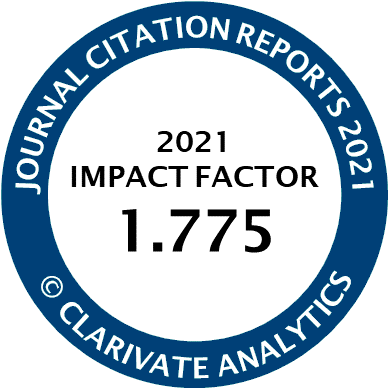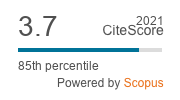Article | Open Access
Do Leader Evaluations (De)Mobilize Voter Turnout? Lessons From Presidential Elections in the United States
| Views: | 72 | | | Downloads: | 22 |
Abstract: Do evaluations of presidential candidates in the US affect the level of voter turnout? Voters’ affections towards presidential candidates, we contend, can either stimulate or inhibit voter inclinations to turnout. Voters are more inclined to turn out when they have positive feelings towards the candidate with which they identify because they want “their” candidate to win. But citizens may also be more likely to vote when they dislike the candidate of the party with which they do not identify. In that case, voters are motivated to prevent the candidate from being elected. Utilizing the American National Election Studies data for 1968–2020, the analysis finds that the likelihood of voting is affected by (a) the degree to which voters’ affections towards the candidate differ from one another (having a clear‐cut choice between options) and (b) the nature of the affections (negative or positive) towards both in‐ and out‐party candidates.
Keywords: leader evaluations; mobilization; presidentialization; turnout; US elections
Published:
Supplementary Files:
© Liran Harsgor, Neil Nevitte. This is an open access article distributed under the terms of the Creative Commons Attribution 4.0 license (http://creativecommons.org/licenses/by/4.0), which permits any use, distribution, and reproduction of the work without further permission provided the original author(s) and source are credited.



